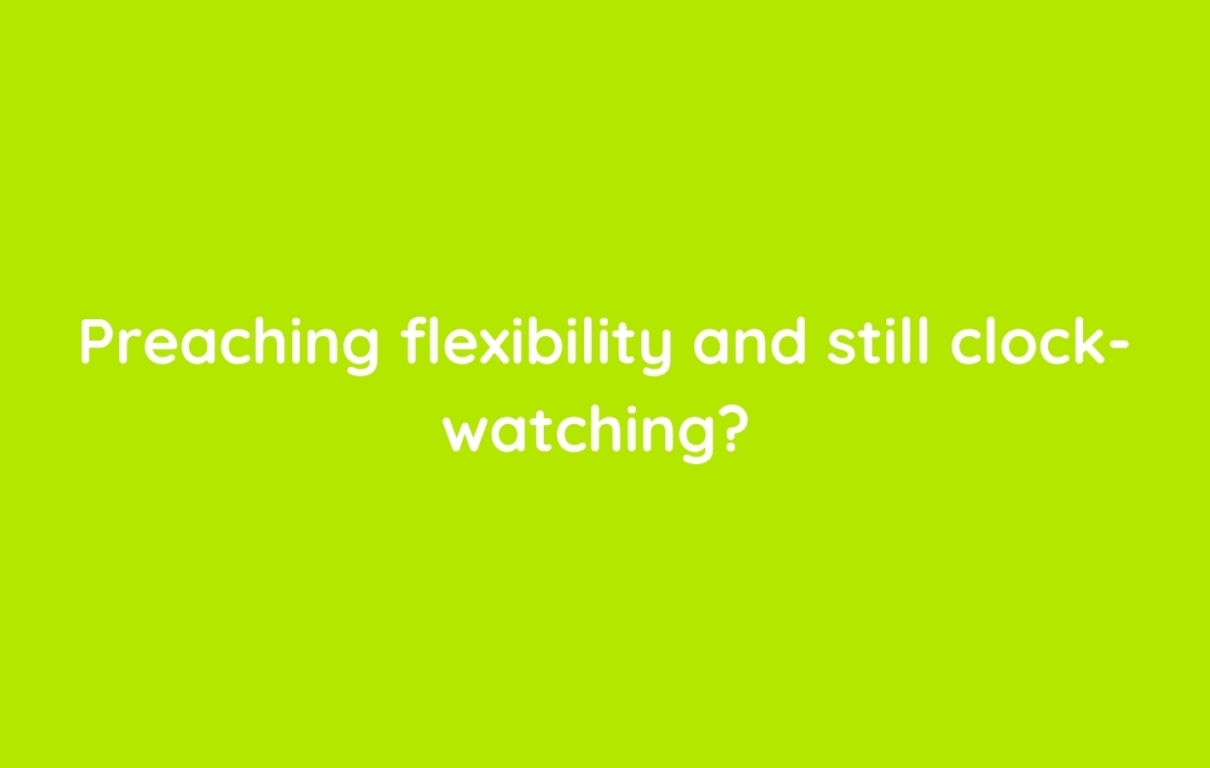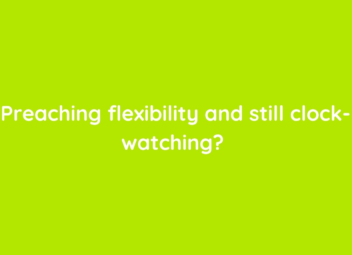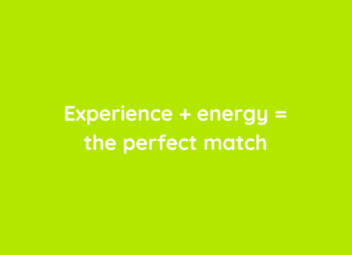
Over the last few years, and for good reason, “Flexible working” has become one of the most popular phrases in business. Scroll through LinkedIn and you’ll see company after company proudly proclaiming that they trust their people, that they’re anti-presenteeism, that they’ve embraced the future of work.
And yet - behind the glossy posts - some of those companies can be guilty of watching the clock. Still measuring productivity in hours sat at a desk. Still micromanaging every move.
At Clearbox, we think that’s nonsense. We believe you can’t preach flexibility and then act like Big Brother. Trust and micromanagement cannot coexist. It’s like Liam and Noel in the noughties. Recipe for disaster.
Here’s our take on flexibility, if you’re interested!
Flexibility is more than a buzzword
Flexibility isn’t about letting someone work from home on a Friday or leaving early once in a blue moon. True flexibility is about recognising that people work differently, that life doesn’t fit neatly into 9–5, and that output matters more than hours logged.
For us, flexibility means:
Hybrid working as standard. We balance time in the office with time at home in a way that works for our team and our business.
Results over hours. We care about the quality of the work, not whether someone needs to take an hour to get their head showered during the working day.
Life comes first. School runs, dentist appointments, a random Tuesday when you just need to work from your living room - we get.
The problem with micromanagement
Micromanagement masquerades as care. Leaders tell themselves they’re “just checking in” or “making sure nothing slips.” But really? We think it’s about control.
And here’s the irony: micromanagement doesn’t increase productivity. We think it kills it. It makes people second-guess themselves. It suffocates creativity. It signals mistrust.
The result? Talented people leave. And the ones who stay stop bringing their best ideas, because why bother when every decision will be undone anyway?
Trust is the real productivity hack
We’ve learned over the years that trust is far more powerful than surveillance.
When people know they’re trusted, they:
Take ownership of their work. Manage their own time effectively. Come forward with solutions, not just problems. Bring creativity and energy, instead of just compliance.
And when trust goes both ways - i.e. when leaders trust teams and teams trust leaders - that’s when culture really thrives.
As our values state, we are anti-micromanagement.
What does that mean?
At Clearbox, being anti-micromanagement doesn’t mean hands off. It means:
Clarity, not control. We set clear goals, then give people space to deliver. Support, not surveillance. We check in to help, not to hover. Autonomy, always.Everyone, from graduates to directors, has room to shape their work. And their own careers. There’s no one size fits all approach here.
We’d rather empower someone to make a mistake and learn than stop them trying in the first place.
Here’s our challenge to other businesses.
If you’re going to shout about flexibility, you need to live it. Not just in policies, but in practice. That means:
No clock-watching.
No “green-dot” monitoring on Slack, unless it’s very obvious someone has been offline for a while. Employers still have a duty of care to their team.
No “where are you working today?” interrogations.
Here’s what we believe. You can’t say you trust your people and then behave as if you don’t.
Our take.
Work has changed. People don’t want beanbags and slogans they want to be trusted to do their jobs. (although we’re not slagging offices with beanbags - we have an arcade machine, a fizzy drinks fridge and a pug lol)
At Clearbox, we’ve built our culture on that trust. We’re flexible because life demands it. We’re anti-micromanagement because creativity needs space to breathe. And we know that when people feel trusted, they deliver their best.
So, if you’re going to talk about flexibility, mean it. Ditch the clock-watching. Let go of the micromanaging. And watch your team (and your business) thrive.


